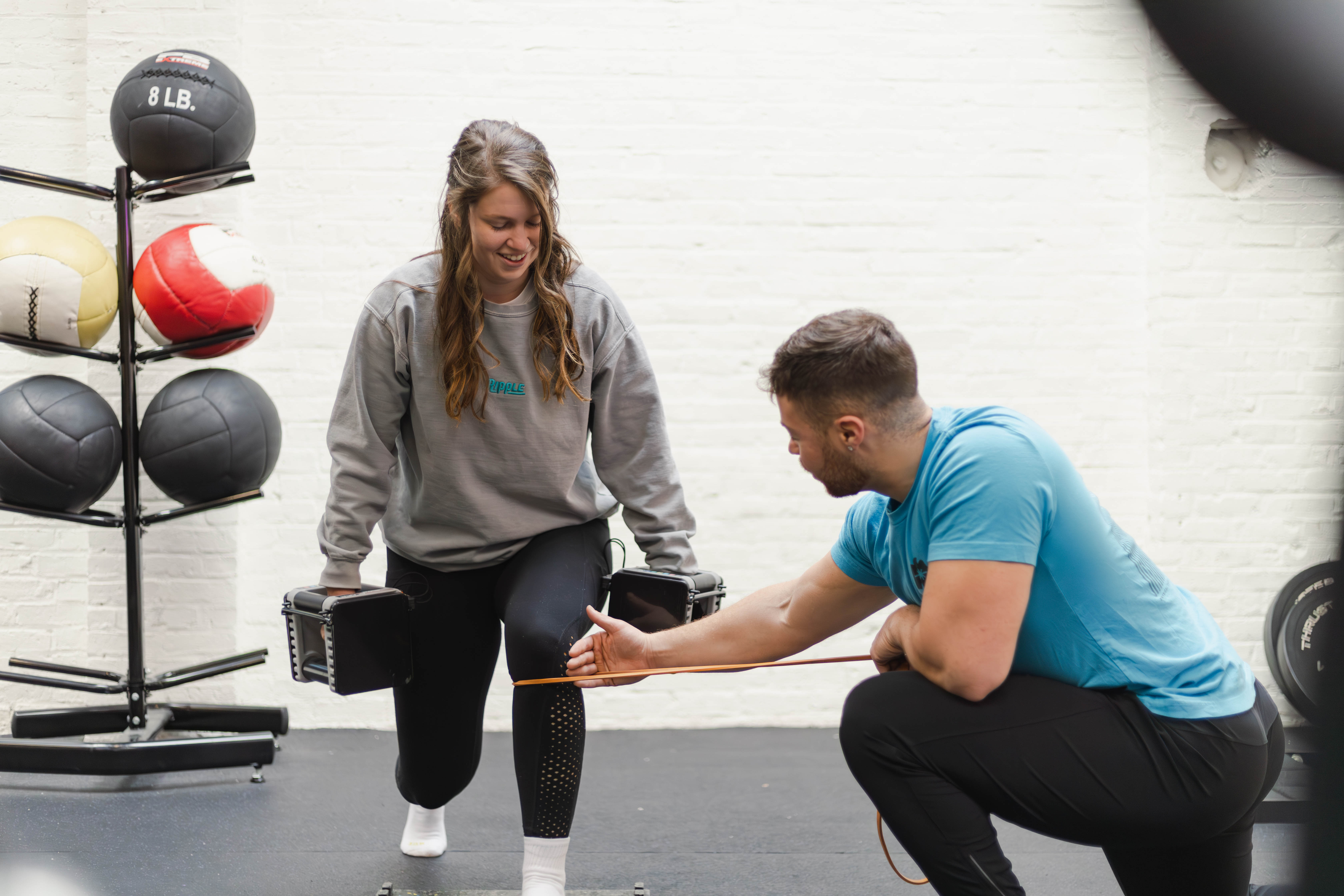How to Improve Consistency in Your Drives and Approach Shots

Consistency is what separates great golfers from average ones. While it’s tempting to focus on driving the ball as far as possible, what truly lowers scores is the ability to hit repeatable shots. Whether you're teeing off or approaching the green, reliable execution gives you a strategic advantage—allowing you to plan each hole with confidence.
Erratic ball flight makes it difficult to control distance and direction. Over time, this unpredictability can create mental strain, leading to rushed decisions or overcorrections. On the other hand, when your swing delivers consistent results, it frees you to focus on course management and mental strategy. In many cases, dialing in your mechanics and physical performance can be more effective than buying the latest driver.
READ: How Ripple PT Helps Runners Return to the Pavement After Injury
 Common Causes of Inconsistent Shots
Common Causes of Inconsistent Shots
Inconsistent performance in golf can stem from a wide range of issues—many of which go beyond simple technique flaws. Here are some of the most common contributors:
- Poor Swing Mechanics or Posture
Swing faults are often rooted in foundational mechanics. Something as small as misaligned shoulders or inconsistent weight transfer can lead to inconsistent ball contact and direction. - Muscle Imbalances and Mobility Limitations
Many golfers don’t realize their body’s movement restrictions may be affecting their game. Tight hips, restricted thoracic rotation, or a lack of core stability can all cause compensations during the swing, reducing repeatability. - Mental Focus and Pre-Shot Routines
Skipping a consistent pre-shot routine or losing mental focus during a round also leads to varied results. Even the best physical mechanics can break down without a mental framework to support each shot.
How Golf Physical Therapy Can Improve Your Game
This is where golf-specific physical therapy becomes a powerful asset. Instead of relying solely on a swing coach to correct your form, physical therapy works from the ground up—addressing the body mechanics that support consistent performance.
At Ripple, our approach begins with a Titleist Performance Institute (TPI)-certified screen. This movement-based evaluation reveals how your mobility, strength, and stability contribute to—or limit—your golf swing. It's a holistic look at how your body functions during golf-specific movements.
From there, we create an individualized plan to improve key elements like core strength, pelvic control, and spinal mobility. By improving how your body moves, you’re better equipped to produce the same swing mechanics over and over again—under pressure, in various conditions, and across an entire round.
Exercises to Build Repeatable Power and Accuracy
Golf physical therapy isn’t just about pain relief—it’s about performance optimization. A few of the most effective exercises we use with our clients include:
- 90/90 Hip Mobility Drills: Help improve internal and external hip rotation, crucial for a smooth, powerful swing.
- Pallof Press: Builds core stability to resist rotation, which is essential for maintaining posture through the swing.
- Thoracic Spine Openers: Increase upper back mobility, allowing for a fuller, more controlled backswing.
- Split Stance Cable Rotations: Mimic the rotational forces of the golf swing while building dynamic control and power.
These movements are tailored to each golfer’s unique body and goals. They’re not just general fitness exercises—they’re functional tools to help your body move the way it needs to during every drive and approach shot.
READ: How Physical Therapy Can Help Runners Overcome Knee Pain
When to Seek Professional Help
If you find yourself hitting great shots one day and struggling the next, it might be time to dig deeper. Consistency issues that linger despite practice and coaching often indicate a physical limitation rather than a skill gap.
Here are a few signs it’s time to consult a golf physical therapist:
- Your swing feels different day to day
- You struggle with balance during or after your swing
- You’ve plateaued in your performance despite lessons
- You feel stiff, sore, or limited after rounds
At Ripple in Boston, we help golfers uncover the underlying physical issues affecting their performance. Whether you’re recovering from injury, looking to improve your swing mechanics, or hoping to increase your playing longevity, our team combines golf expertise with proven physical therapy methods. Through tailored plans and data-driven progress tracking, we help you swing with confidence—every time.


